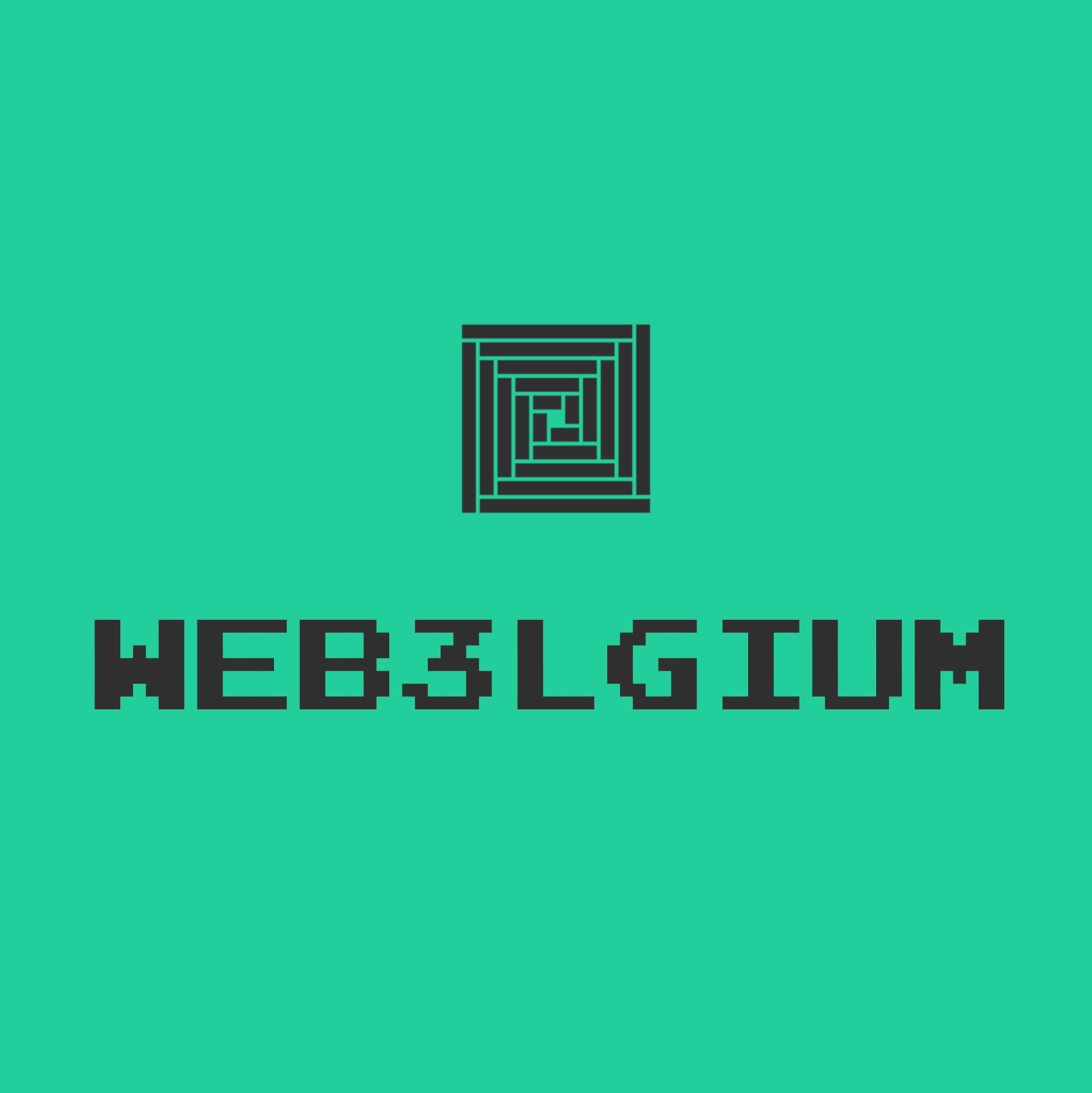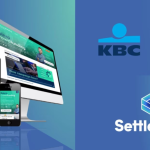Speaking at the occasion Matthew Van Niekerk, CEO, SettleMint, said, “We are delighted to begin our journey in India, which is currently a hotbed of blockchain technology activity. Keeping in line with the incredible adoption pace of blockchain technology world over, India as well stands to benefit from blockchain as a key technology to realize Prime Minister’s vision of becoming a $5 trillion economy.”
Highlighting SettleMint’s dramatic journey, Van Niekerk, added, “We have reached delivering a solution rather than hype in the blockchain lifecycle. SettleMint drastically reduces the complexity of blockchain technology, making it easy and fast for an organization to turn a business concept into a working blockchain application from 12-18 months to at most a few weeks.”
According to Blockchain Report 2019 by NASSCOM, the adoption of blockchain technology in India is experiencing rapid growth and investments in blockchain-based projects have touched over $20 billion across various industries. The report further states that many Indian state governments such as those of Telangana, Kerala, Karnataka, Andhra Pradesh, and Maharashtra are supporting blockchain startups and projects and organizing conferences and hackathons on the topic.
Detailing the SettleMint advantage, Shazad Fatmi, CEO, SettleMint India, said, “We are one of the simplest and fastest blockchain solution providers in the world. Our core technology accelerates the path to leveraging the benefits of blockchain technology: whether those enterprises are looking to improve efficiency, to extend their current products to a new client segment or to completely reinvent an existing business model.”
SettleMint has undertaken the development of 35+ fully functioning Blockchain applications and researched more than 500 known use cases. The patented technology ‘Mint’ covers 85% of the use cases for Blockchain technologies and radically reduces the time to market for users. Using Mint, integrating blockchain technologies into an application can take as little as 3 hours. This product addresses the single biggest inhibitor to adoption, which is developer capabilities.
Carrefour Belgium, Islamic Development Bank, 2019 Indonesia Elections are some of the marquee clients under their belt.
“With various industries looking to adopt the technology in India, our focus would initially be on Banking and Finance, followed by industries such as Healthcare, Retail, Logistics, Insurance, Micro Finance Institutes (MFIs) and Government Services,” Van Niekerk further added.
As per data from the World Intellectual Property Organization, India stands sixth on the list of patents and trends in the blockchain space, with a total of 67 patents approval in 2018. After demonetization, there has been a huge shift from transacting in physical currency to digital payments through platforms such as Paytm, GooglePay, PhonePe, etc.
“With the large scale successful adoption of digital payments, India is now keen on moving towards adopting blockchain. Blockchain technology is emerging as one of the key innovations that will define the future of digital transactions in India and transform the FinTech landscape,” Van Niekerk added.
“In banking, we see blockchain opportunities in remittances, KYC, assets tokenization. In insurance inherent inefficiencies in the claim management system of the Insurance Industry lead to losses of about INR 100 billion per year. Implementing blockchain for claim management is the ultimate solution to mitigate these issues,” elaborated Fatmi.
For government entities, currently, 40+ Blockchain initiatives are being executed by the public sector in India, with 92% in pilot/POC phase and 8% projects in the production phase. Most applied use cases are land registry, securing digital certificates on blockchain and governance.









